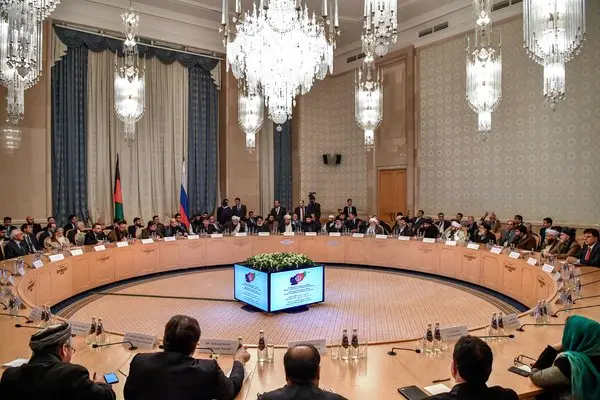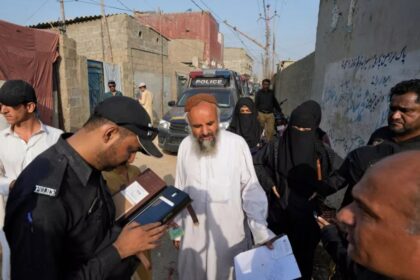RASC News Agency: Desperate for international recognition and foreign capital, the Taliban has turned to Russia in hopes of attracting major investments into Afghanistan’s fragile and deeply sanctioned economy. Senior Taliban officials have expressed renewed optimism that prominent Russian corporations will soon expand their economic activities in Afghanistan despite widespread global condemnation of the regime’s repressive policies and lack of legal safeguards for investors. Mohammad Younus Mohmand, the Taliban’s First Deputy Chairman of the Chamber of Commerce and Investment, told Russia’s state news agency RIA Novosti that the group was eager to see Russian firms enter the Afghanistan’s market.
“We have always maintained friendly and cordial relations with Russia, and we hope this relationship will pave the way for increased Russian business activity in Afghanistan,” Mohmand stated, while failing to acknowledge the severe risks facing investors under a regime plagued by internal power struggles, security volatility, and international pariah status. Mohmand, currently in St. Petersburg as part of a Taliban delegation led by the group’s acting Agriculture Minister, Ataullah Omari, emphasized that some Russian companies are already operating in Afghanistan. He further claimed, without providing details, that “Russia is not just a partner today it has been our partner for over 100 years.”
The Taliban delegation is attending the 2025 St. Petersburg International Economic Forum, held from June 17 to 20, where topics such as environmental sustainability, agriculture, trade, and investment are on the agenda. The group’s participation is part of a broader diplomatic push to legitimize its rule on the global stage, even as its repressive governance continues to alienate the international community. The growing interaction between the Taliban and Russia has notably intensified since Moscow quietly removed the Taliban from its list of banned organizations a decision driven more by geopolitical expediency than by any substantive shift in the group’s policies or international standing.
In recent months, high-ranking Taliban figures such as Abdul Ghani Baradar and Amir Khan Muttaqi have traveled to Russia, underscoring the group’s strategic pivot toward powers that are less constrained by human rights concerns. Analysts argue that Moscow sees engagement with the Taliban as a tool to counter Western influence in the region, while simultaneously seeking allies in its own battle against international sanctions. From Russia’s perspective, Afghanistan may also serve as a strategic buffer against extremist threats in Central Asia, particularly from groups like ISIS-K. However, the Taliban’s track record in containing terrorist networks remains questionable, especially as its own leadership harbors known jihadist elements.
Critics warn that any foreign investment under Taliban rule would effectively legitimize a regime that enforces gender apartheid, crushes dissent, censors the media, and governs through ideological extremism. Human rights organizations continue to document arbitrary detentions, public floggings, and systemic exclusion of women from public life including education, employment, and healthcare. “The Taliban are attempting to mask authoritarian brutality behind the language of economic development,” said a Western diplomat based in Central Asia. “But the façade collapses the moment you ask basic questions about law, accountability, and human rights.”
While Moscow may see economic engagement with Afghanistan as an opportunity to bypass Western pressure, the Taliban’s lack of transparency, financial infrastructure, and basic governance capacity raises serious concerns about the viability of any long-term investment. Corruption, insecurity, and absence of judicial recourse are major deterrents to commercial operations, even for risk-tolerant actors. Despite this, the Taliban continues its charm offensive toward Russia, China, and other regional players in an effort to offset its diplomatic isolation. Whether these efforts will bear tangible economic fruit remains to be seen but for now, they appear to serve more as symbolic gestures aimed at projecting legitimacy than as realistic pathways to recovery.






